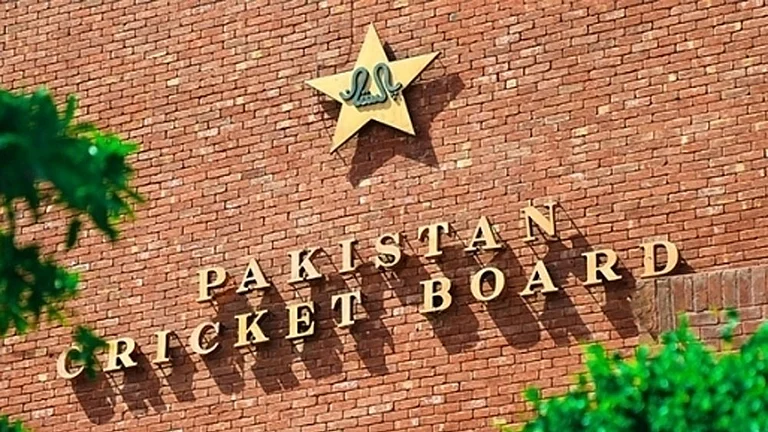During a virtual address at the G20 Education Ministers' meeting in Pune, PM Narendra Modi said today G20 countries can undertake skill mapping at the global level, find gaps that need to be plugged and also play a key role in promoting research and innovation.
The prime minister also stressed the need to strike the right balance between opportunities offered by technology and the challenges posed by it.
The G20 ministers will formally accept the outcome documents at the end of the meeting, marking the culmination of the extensive deliberations carried out over the past several months within the education working group track.
These outcome documents will then be followed as a roadmap for the international community, guiding coordinated actions to ensure inclusive and high-quality education for all learners.
What did PM Modi say?
"G20 countries can undertake skill mapping at the global level and find gaps that need to be plugged. Digital technology serves as an equalizer and promotes inclusivity. It is a force multiplier in increasing access to education.
"Today artificial intelligence offers great potential in the field of learning, skilling and education, with opportunities, technology also poses challenges. We have to strike the right balance. G20 can play an important role in this," PM Modi said.
"G20 countries can play a key role in promoting research and innovation, especially among the global south. I urge you all to create a path for increased research collaborations. This meeting holds immense significance for the future of our children and youth," the prime minister said.
"I am glad that the group has identified transition, digital transformation and women empowerment as accelerators for achieving SDGs. Education is at the root of all these efforts. I am confident that the group will come out with an inclusive, action-oriented and future-ready education agenda. This would benefit the whole world in the true spirit of Vasudhaiva Kutumbakam," he added.
About the Education Working Group
The modus operandi of the Education Working Group is primarily emphasising on finding inclusive solutions and collective actions to address the diverse global challenges of the day during four meetings in Chennai, Amritsar, Bhubaneshwar and Pune.
It emphasised on four priority areas -- ensuring foundational literacy and numeracy, especially in the context of blended learning, making tech-enabled learning more inclusive, qualitative, and collaborative; building capacities and promoting lifelong learning in the context of the future of work; and strengthening research and fostering innovation through enhanced collaboration and partnerships.


























